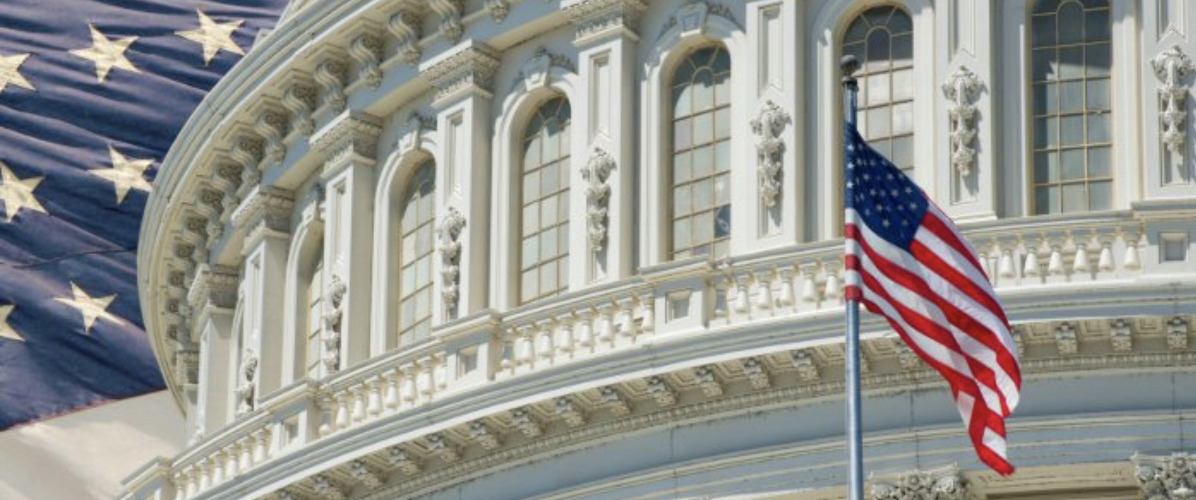The most difficult public policy challenge facing the United States Congress this fall is how to pass a bipartisan infrastructure bill without it falling victim to a negotiation over a sweeping multi-trillion-dollar budget bill demanded by Capitol Hill’s most progressive members – a bill that could throw sand in the gears of the nation’s economy still trying to navigate Covid-induced disruptions.
States like Arizona offer a lesson for Congress, however, on how to meet core government responsibilities, avoid crippling tax increases, and grow the economy. Arizona, in fact, has experienced one of the nation’s fastest recoveries, winning back nearly all of the jobs lost during the pandemic.
When Gov. Ducey signed the state budget in June, he said, “Each and every Arizona taxpayer, no matter their income, will experience a tax cut under our historic tax reform. That means job creators will continue to choose our state to expand operations, working families will get to decide how they spend more of their hard-earned dollars.”
The governor and Legislature might have cut taxes, but they didn’t cut corners. The budget also makes important investments in infrastructure like highway modernization and broadband, as well as K-12 schools, universities, and safety-net programs.
Beltway insiders and the Biden administration, meanwhile, have gone in the exact opposite direction. They’re negotiating a $3.5 trillion budget resolution that delivers a punishing body blow to Arizona taxpayers just when many of them are getting back on their feet.
The budget proposal attempts to offset trillions in new spending with higher taxes on individuals, on job creators large and small, and on savings and investments. Tax hikes are a drag on our economy, not an accelerant.

And it’s not just higher taxes. There are also calls from some on Capitol Hill and within the administration to pay for their big spending plans through Medicare drug price “negotiation.” The D.C. bureaucrats claim that’ll be a cost savings for Medicare, but what they’re really calling for is government price setting. Other proposals include pegging U.S. drug prices to those of other countries with strict price controls. Both these types of big government meddling will threaten U.S. seniors’ access to medicines and will undermine research and development of new cures and treatments. A hidden tax on innovation and reduced drug access won’t improve the health of Arizonans or the overall economy.
National Democrats know getting this bloated spending bill to the president’s desk will be extremely difficult. Without a vote to spare in the evenly split Senate, Arizona Sen. Kyrsten Sinema and West Virginia Sen. Joe Manchin, both Democrats, have already said they can’t support a bill so expansive in size and scope. Still, they’re under intense pressure from party activists to cave.
When the framework of the budget resolution passed in July, Sen. Sinema said that she’d work with her “colleagues and the administration to strengthen Arizona’s economy and help Arizona’s everyday families get ahead.”
She has the right idea. Her fellow Senate Democrats should work with her to develop a leaner budget that doesn’t pile debt and taxes on Americans, but instead positions the country for a sustained post-pandemic recovery. Arizona’s state budget offers a helpful blueprint.
Danny Seiden is president and CEO of the Arizona Chamber of Commerce & Industry
















Add comment